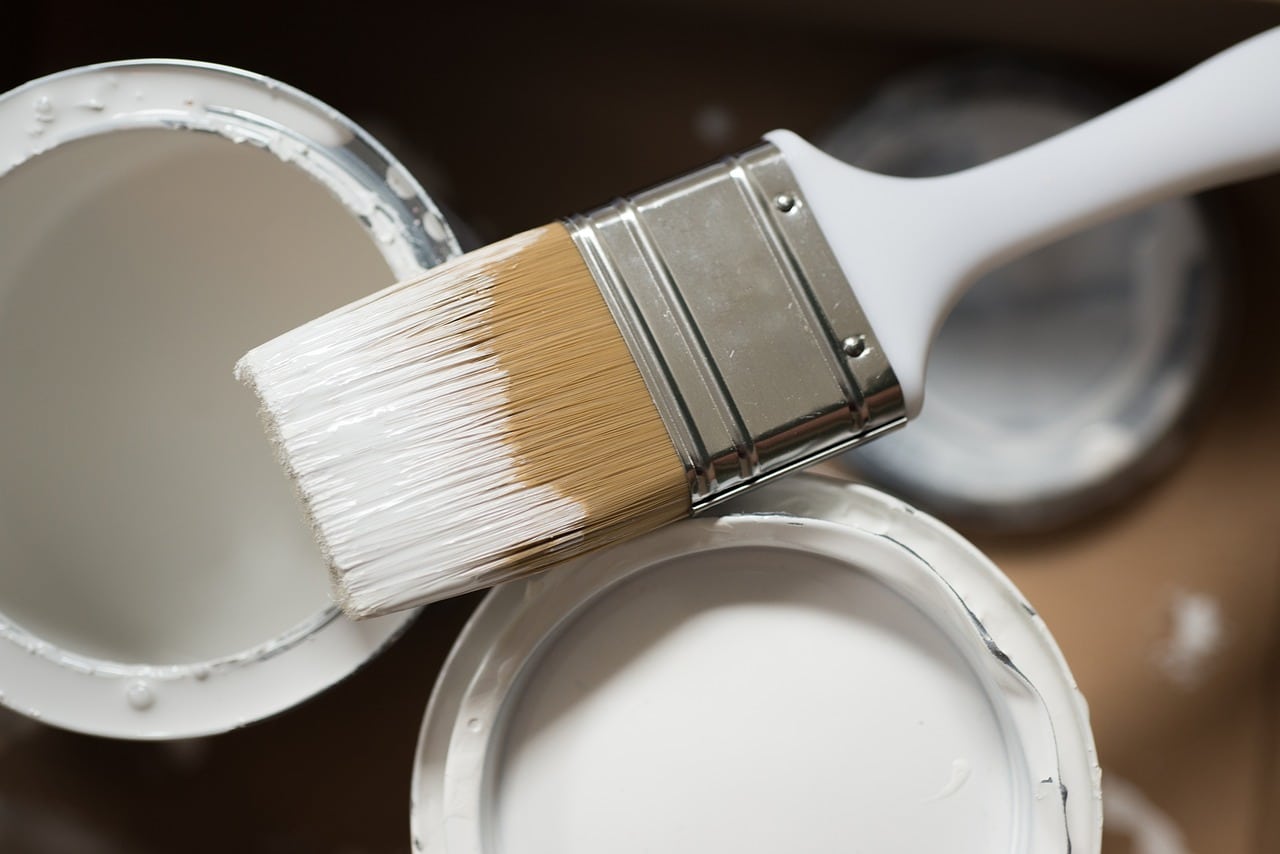Navigating the world of home repairs can seem daunting, especially for busy moms who are already juggling countless responsibilities. From leaky faucets to a heating system on the fritz, the range of potential home issues seems endless. Yet, with the right knowledge and tools, handling these repairs can become an empowering rather than overwhelming task.
This blog post is dedicated to all the superhero moms out there, aiming to demystify the process of home maintenance. By breaking down complex repairs into manageable steps, we’ll explore practical tips and tricks that will save you time, money, and sanity. Whether you’re a DIY novice or looking to expand your home repair skills, this guide has got you covered.
You Need Local Experts
The importance of having a network of local experts cannot be overstated when it comes to home repairs. These individuals—be they plumbers, electricians, or general contractors—are not only invaluable for their expertise and ability to handle complex issues, but they also offer insights into local building codes and regulations.
Building a relationship with local experts can also lead to quicker service and possibly even cost savings due to their familiarity with your home and its unique challenges. Whether you need roofers in Franklin or plumbers in New York City, take the time to research and build a trusted network of professionals who will come to your rescue when needed.
This will save you time, stress, and potentially costly mistakes when it comes to home repairs. Just remember to always ask for references and read reviews before hiring anyone.
Understanding Basic Home Maintenance
For moms looking to gain more independence in handling home repairs, understanding the basics of home maintenance is crucial. It begins with familiarizing yourself with your home’s systems—like plumbing, electrical, and heating—and recognizing the signs of potential problems.
Simple tasks such as changing air filters, unclogging drains, and resetting circuit breakers can prevent larger issues and save significant amounts of money in the long run.
Equipping yourself with a basic toolkit is another step towards self-reliance. Essential tools include screwdrivers, a hammer, pliers, a measuring tape, and a drill. With these at hand, you’ll be prepared to tackle simple repairs such as tightening loose screws, hanging pictures, or assembling furniture.
Regular home inspections can also play a vital role in maintaining your home’s health. By routinely checking areas prone to wear and tear, such as the roof, windows, and doors, you can identify and address minor issues before they escalate into major repairs.
Budgeting for Repairs
One of the most crucial aspects of managing home repairs is establishing a realistic budget. Unexpected repairs can easily strain household finances, but with foresight and planning, you can mitigate the financial impact.
Start by setting aside a portion of your household budget specifically for home maintenance and repairs. Financial advisors often recommend saving 1% to 4% of your home’s value each year for maintenance and repairs. For instance, if your home is valued at $300,000, aim to save between $3,000 and $12,000 annually to cover potential costs.
Creating a separate savings account for this purpose can make it easier to manage and track your repair fund. Additionally, keeping a detailed record of all repairs and maintenance activities helps in predicting future expenses and planning accordingly.
While budgeting, also consider the age of your home and its components, as older homes might require more frequent and extensive repairs. By prioritizing repairs and allocating funds wisely, you can ensure that you are prepared for most eventualities without compromising your family’s financial security.
Keeping Records
One often overlooked yet critical aspect of managing home repairs and maintenance is keeping detailed records. Documenting every repair, from minor fixes to major renovations, can provide a comprehensive history of your home’s condition over time. This practice not only aids in budgeting for future repairs but also becomes invaluable if you decide to sell your home.
Start by creating a dedicated file, either digitally or in a physical binder, to store receipts, warranties, and a log of all maintenance activities. Include notes on the nature of the repair, the date it was completed, and the service provider’s contact information. Additionally, before and after photos of significant repairs can visually supplement your records.
This diligent approach to record-keeping can greatly simplify your life, making it easier to track warranties, identify recurring issues, and communicate with service professionals. It also provides a tangible asset that demonstrates your commitment to maintaining your home, potentially increasing its value to prospective buyers.
Handling home repairs can be a manageable and rewarding experience with the right knowledge and resources. By building a network of local experts, understanding basic maintenance tasks, budgeting wisely, and keeping detailed records, you can take control of your home’s health and save yourself time, money, and stress in the process.

Thank you for this amazing post! The way you break things down makes it easy for anyone to grasp the key takeaways. Looking forward to more valuable content from you!
You have a gift for breaking down complicated topics into digestible insights. I always leave your blog feeling more informed and inspired!
You have a gift for breaking down complicated topics into digestible insights. I always leave your blog feeling more informed and inspired!
This was such a refreshing and insightful read! Your writing is engaging, and the content is packed with practical advice. I can’t wait to see what you post next!
Bravo! The way you’ve addressed [topic] is both thorough and accessible. I’ll definitely be bookmarking this for future reference. Keep up the stellar work—you’re a gem in this space!
What a fantastic read! The way you articulated each point made it so engaging. I’m excited to see what you post next!